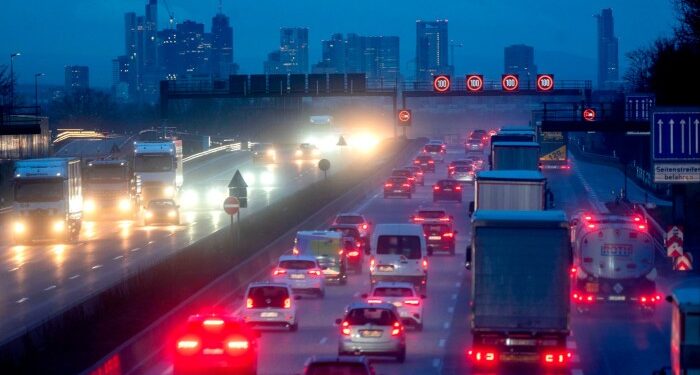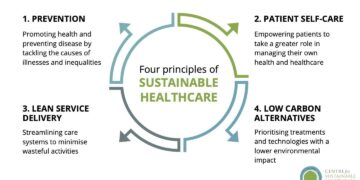EU’s Call for Reconsideration of Combustion Engine Ban
European Leaders Urge Review Amidst Industry Challenges
A significant political faction within the European Union is advocating for a reassessment of an imminent prohibition on combustion engines due to the extraordinary challenges confronting Europe’s automotive sector. The conservative bloc known as the European People’s Party (EPP) has articulated in a document obtained by the Financial Times that their stance is to revoke the 2035 ban on new car sales featuring combustion engines. They argue that traditional engines, particularly those utilizing biofuels and other sustainable alternatives, should remain permissible.
This political group, which includes influential figures such as Ursula von der Leyen, President of the European Commission, is also calling for reconsideration regarding penalties imposed on automobile manufacturers that exceed forthcoming emissions limits set to be enforced starting next year. Originally intended to incentivize electric vehicle production through substantial financial penalties, these multibillion-euro fines are now seen by the EPP as counterproductive amid declining electric vehicle sales in Europe.
Accelerated Review Demanded
The EPP is urging for an expedited review of this legislation to take place by 2025 instead of its originally scheduled timeline. Their goal is to amend the ban and establish clarity and security within the automotive sector at the earliest opportunity. While this position paper may undergo minor changes before its formal acceptance in December, von der Leyen remains steadfast in her commitment that Brussels will maintain this ban—initially established during her first term as part of a comprehensive strategy aimed at achieving net-zero carbon emissions across Europe by 2050.
In a notable development this week, von der Leyen announced her intention to lead discussions with key stakeholders from various segments of industry “to collaboratively develop solutions” during this period marked by major transformation and disruption within automotive manufacturing.
Industry Concerns Intensify
Manfred Weber, whose leadership governs the EPP and who also serves as a German politician, recently conferred with executives from leading automobile companies amidst growing apprehension regarding workforce reductions—following announcements from Volkswagen and Ford revealing plans for mass layoffs totaling tens of thousands across both firms.
All major car manufacturers based in Europe have reported profit warnings recently—with Renault being an exception—as they navigate fierce competition from economically priced Chinese electric vehicles while adapting their production lines towards EV manufacturing amid decreasing demand within Europe. The European Automobile Manufacturers Association (ACEA) has responded with calls for urgent relief measures prior to new emission regulations coming into effect in 2025.
Political Alliance Against Climate Policies
As recent European parliamentary elections took place last June, Weber allied himself with diverse political groups across ideological lines—including Italian Prime Minister Giorgia Meloni’s Brothers of Italy party—who have challenged existing climate policies governing EU operations. Meloni referred to restrictions set forth for 2035 as “self-defeating.” Similarly vocalizing dissent was German Chancellor Olaf Scholz—a member representing Socialist interests—who echoed calls urging cancellation of fines impacting automakers.
Additionally, industry ministers from seven EU nations led primarily by Italy and Czech Republic joined forces Thursday endorsing sentiments expressed within EPP’s publication; they pressed demands for timely reviews concerning combustion engine bans alongside heightened allowances targeting renewable fuels. Enhanced incentive programs encouraging consumers’ purchase behavior towards electric vehicles were also advocated during these discussions focusing on revitalizing Europe’s auto landscape moving forward.















